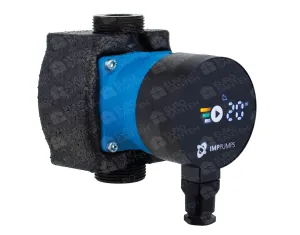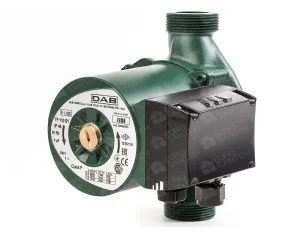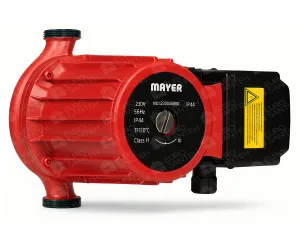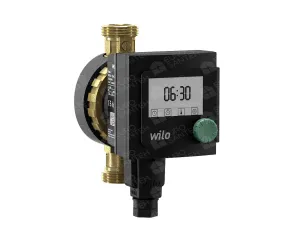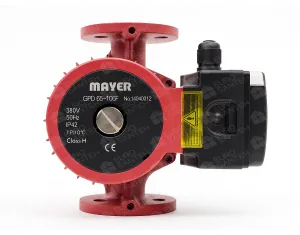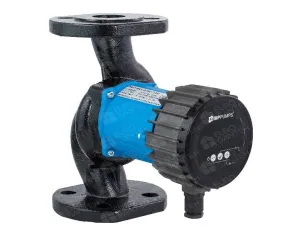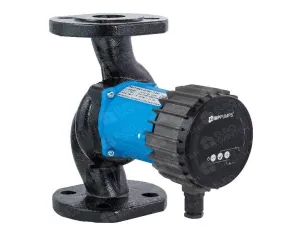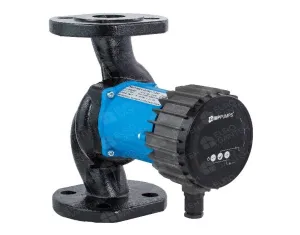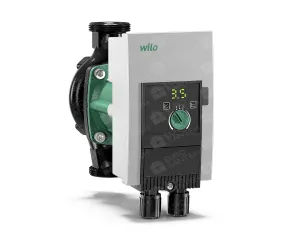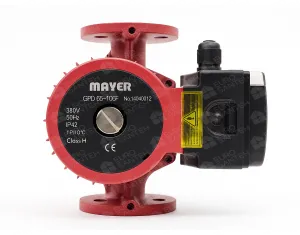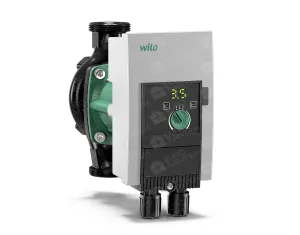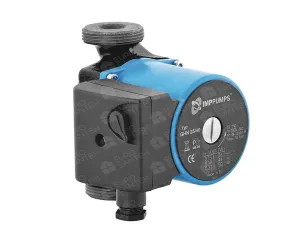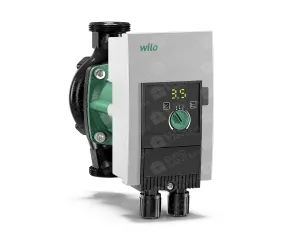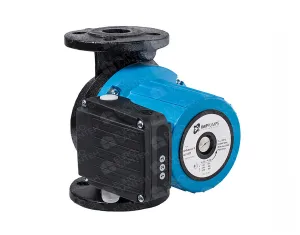Heating pumps / circulation pumps
Heating pumps, also known as circulation pumps, are indispensable components in modern heating systems, playing a crucial role in ensuring efficient heat distribution and maintaining a comfortable temperature throughout a space. These pumps are designed to circulate the heating medium, commonly water or a water-glycol mixture, through the heating system, facilitating the transfer of warmth to radiators, underfloor heating systems, or other heat exchangers. Let's delve into the key features, applications, and benefits of heating pumps.
Key Features of Heating Pumps:
1. Efficient Heat Circulation:
The primary function of heating pumps is to circulate the heating medium, ensuring a continuous and uniform flow of warmth throughout the heating system.
2. Variable Speed Control:
Many modern heating pumps offer variable speed control, allowing for precise adjustment of the circulation rate based on the heating requirements, thus enhancing energy efficiency.
3. Low-Noise Operation:
Heating pumps are designed for quiet operation, contributing to a peaceful and comfortable indoor environment.
Applications of Heating Pumps:
1. Residential Heating Systems:
Heating pumps are commonly used in residential heating systems, ensuring even warmth distribution and maintaining a cozy atmosphere in homes.
2. Commercial and Industrial Heating:
In commercial and industrial settings, these pumps play a vital role in maintaining a consistent temperature in large spaces, enhancing comfort and productivity.
3. Renewable Energy Systems:
Heating pumps are integral components in renewable energy systems such as geothermal and air-source heat pumps, contributing to sustainable and eco-friendly heating solutions.
Selecting and Installing Heating Pumps:
1. System Compatibility:
Choosing a heating pump that is compatible with the specific heating system is crucial for optimal performance.
2. Energy Efficiency Ratings:
Consideration of energy efficiency ratings helps in selecting pumps that contribute to overall energy savings and environmental sustainability.
3. Professional Installation:
Professional installation by experienced technicians ensures that heating pumps are correctly integrated into the heating system, maximizing their effectiveness.
Advantages of Heating Pumps:
Energy Efficiency: Heating pumps contribute to energy efficiency by precisely controlling the circulation rate and optimizing heat distribution.
Cost Savings: The energy-efficient operation of heating pumps translates into cost savings on energy bills over the long term.
Environmental Sustainability: Utilizing heating pumps in conjunction with renewable energy sources promotes environmental sustainability by reducing reliance on conventional heating methods.
Conclusion: Efficient Heating with Heating Pumps:
Heating pumps, or circulation pumps, are pivotal in creating a comfortable and energy-efficient indoor environment. Their ability to circulate heat effectively, coupled with features like variable speed control and low-noise operation, makes them indispensable in modern heating systems. The adoption of heating pumps aligns with the growing emphasis on energy efficiency and sustainable heating practices.
